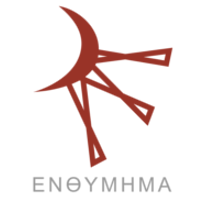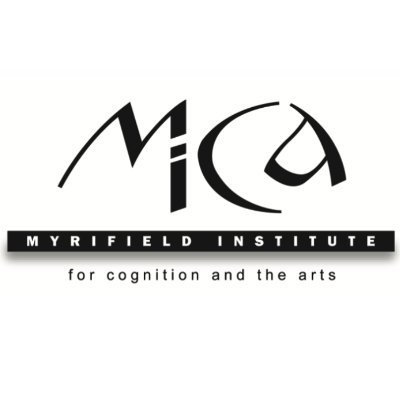
Last paper:
Grazia Pulvirenti, Renata Gambino, Neurohermeneutics. A Transdisciplinary Approach to Literature
- Peer review
- Submit a paper
- Suggest a paper
- Contact us
- Partner program
David S. Miall, Don Kuiken,
A feeling for fiction: becoming what we behold
Year: 2002
Topics: Emotion; Empathy;
Disciplines: Literature;
DOWNLOAD PAPER
Download size: 156.17 KB
Feelings during literaryreading can be characterized at four levels. First, feelings such as enjoyment, pleasure, or the satisfaction of reading are reactions to an already interpreted text [Spiel 9 (1990) 277]. While providing an incentive to sustain reading, these feelings playno significant role in the istinctivelyliteraryaspects of text interpretation. Second, feelings such as empathyor sympathywith an author, narrator, or narrative figure are involved in the interpretive processes bywhich a representation of the fictional world is developed and engaged [Poetics 23 (1994) 125]. Although serving an important mimetic role within text comprehension, these feelings, too, do not derive from the distinctivelyliteraryaspects of reading. Third, feelings of fascination, interest, or intrigue are an initial moment in readers’ response to the formal components of literarytexts (narrative, stylistic, or generic). Although serving to capture and hold readers’ attention [Poetics 22 (1994) 389], these aesthetic reactions onlyanticipate a fourth level of feeling that is the main focus of the present discussion: the modifying powers of feeling. We propose that aesthetic and narrative feelings interact to produce metaphors of personal identification that modifyself-understanding. We also argue that the concept of catharsis (the conflict of tragic feelings identified byAristotle) identifies one particular form of a more general pattern in which aesthetic and narrative feelings evoked during reading interact to modifythe reader. We illustrate these interactions with examples from two studies of readers’ responses to a Sean O’Faola´ in short story.
Project
The Neuro Humanities Studies Network aims at creating a multidisciplinary research community in order to develop and structure a linking platform for neuro-scientific, cognitive topics and humanities.
Click on each keyword to show papers related with it.









